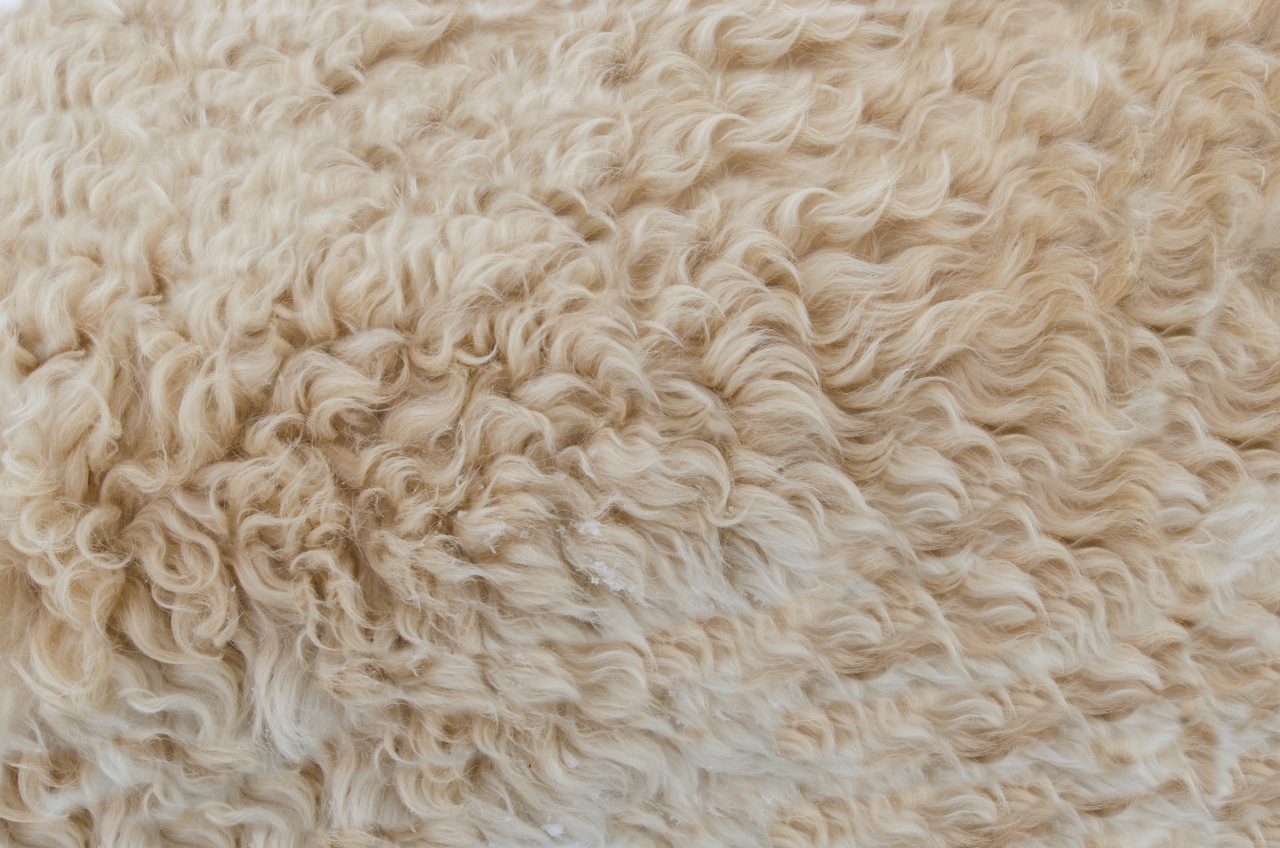Dealing with dry skin can be a frustrating and uncomfortable experience. It often leads to itchiness, flaking, and a general feeling of discomfort.
However, with the right remedies and lifestyle changes, it is possible to alleviate the symptoms and restore moisture to your skin. In this article, we will explore some proven ways to treat dry skin and achieve a healthier, more hydrated complexion.
1. Moisturize regularly
The most fundamental step to treat dry skin is to moisturize regularly. Using a good quality moisturizer can help restore lost moisture and create a protective barrier on your skin.
Look for moisturizers that contain ingredients like hyaluronic acid, glycerin, ceramides, and shea butter. Apply moisturizer immediately after showering or bathing to lock in moisture.
2. Use a gentle cleanser
Harsh soaps and cleansers can further strip your skin of its natural oils, exacerbating dryness. Opt for a gentle, fragrance-free cleanser that is specifically formulated for dry or sensitive skin.
Avoid using hot water, as it can further dry out your skin. Instead, use lukewarm water when washing your face and body.
3. Avoid long, hot showers
While a hot shower can feel relaxing, it can also dehydrate your skin. Prolonged exposure to hot water can remove the natural oils from your skin, leading to dryness. Limit your shower time to 10-15 minutes, and use lukewarm water instead of hot water.
After showering, pat your skin dry with a towel and immediately apply moisturizer.
4. Humidify your environment
During the colder months or in drier climates, the air indoors can become dry, which can contribute to dry skin. Invest in a humidifier to add moisture back into the air.
This will help prevent your skin from losing additional moisture and keep it hydrated. Place the humidifier in the rooms where you spend the most time, such as your bedroom or living room.
5. Exfoliate gently
Exfoliating your skin can help remove dead skin cells, allowing moisturizers to penetrate deeper. However, it is important to exfoliate gently, as harsh scrubs can irritate and aggravate dry skin.
Opt for a mild exfoliant with gentle ingredients like sugar, oatmeal, or jojoba beads. Limit exfoliation to once or twice a week to avoid overdoing it.
6. Stay hydrated
Drinking plenty of water is essential for overall skin health. When your body is dehydrated, it can reflect on your skin, making it dry and dull. Aim to drink at least 8 glasses of water a day to keep your skin hydrated from the inside out.
Additionally, hydrating foods like watermelon, cucumber, and oranges can also contribute to healthier skin.
7. Protect your skin from harsh weather
Extreme weather conditions, such as cold winds and dry air, can wreak havoc on your skin. Whenever you step outside, make sure to protect your skin by wearing appropriate clothing, including hats, scarves, and gloves.
Apply a thick moisturizer or a layer of petroleum jelly to exposed skin to create a barrier against the elements.
8. Avoid using harsh skincare products
Some skincare products, particularly those containing alcohol, fragrances, and harsh chemicals, can be irritating to dry skin. Opt for gentle, fragrance-free products that are specifically formulated for dry or sensitive skin.
Read the ingredient labels carefully and avoid anything that may potentially worsen your dry skin.
9. Limit sun exposure
While sun exposure is important for vitamin D synthesis, overexposure can worsen dry skin. Protect your skin from harmful UV rays by wearing sunscreen with a high SPF. Look for moisturizers that also offer sun protection to simplify your skincare routine.
Additionally, seek shade during peak sun hours and wear protective clothing to further shield your skin.
10. Consult a dermatologist
If your dry skin persists despite trying various remedies, it may be time to consult a dermatologist. They can evaluate your skin condition, recommend appropriate treatments, and prescribe medicated creams or ointments if necessary.
A dermatologist can also help rule out any underlying skin conditions that may be contributing to your dryness.






























